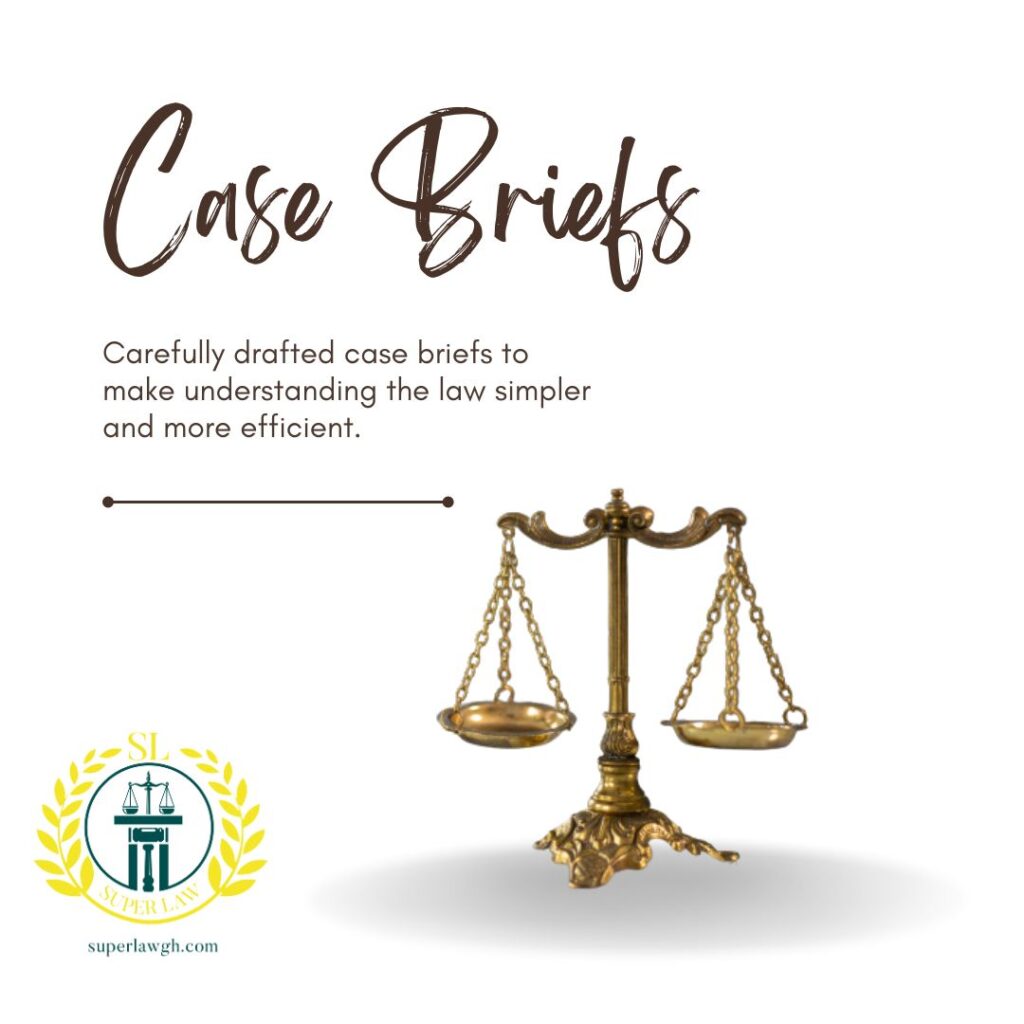On the same day, Simons shared the article via his official X (formerly Twitter) handle, @BBSimons, where it quickly gained traction. By May 8, the post had amassed more than 93,000 views, 250 reactions, 98 reposts, 26 comments, and 109 bookmarks.
The plaintiffs argue that this engagement contributed significantly to the wide dissemination of the alleged defamatory content. The article reportedly accused E&P of financial distress due to halted operations at the Damang gold mine and suggested that the company’s creditors were “up in arms.” It also insinuated that Mahama, the brother of President John Mahama, was benefiting improperly from political connections, and that E&P was being unduly favored in government mining policies.
In their suit, the plaintiffs reject these claims outright, describing them as “entirely false and wholly without factual basis.” They argue the article portrays E&P as financially unstable and undermines the company’s credibility with existing and potential business partners.
The plaintiffs are seeking the following reliefs:
-
A declaration that the statements made by Bright Simons are defamatory;
-
A public retraction and apology published on the same digital platforms and as a full-page ad in the Daily Graphic for six consecutive editions over three months;
-
A perpetual injunction barring Simons from making further defamatory remarks;
-
General damages amounting to GHS10 million;
-
Legal costs and any additional relief the court may deem appropriate.
What is defamation?
Defamation is an interesting area in tort law. It provides remedy to protect a person’s reputation from attack. Freedom of speech is guarantee under article 21(1)(a) of the 1992 Constitution of Ghana. However rights and freedoms of individuals are subject to the rights and freedoms of others and for the public interest. A defamatory statement is one which causes or likely to cause serious harm to an individual.
The English law divides defamation into libel and slander. Libel is an attack on reputation in a permanent form. It is committed where writing or printing is used such as words contained in a newspaper, a book, a notice, a cartoon, or a photograph. Slander is when a defamatory statement is made in a temporary or transient form.
What are the elements needed to be proven by a plaintiff in an action for defamation?
The statement must be defamatory
A defamatory statement may be defined as one which tends to lower the claimant in the estimation of right-thinking members of society generally. The plaintiff needs to proof that the statement made is capable of a defamatory meaning. The natural and ordinary meaning of words for the purposes of a defamation claim is the single meaning that would be conveyed by those words to the ordinary reasonable reader.
In the Ghanaian case of Bonsu v Forson [1962] GLR 139, the plaintiff and the defendant, who had been very close friends, lost their temper and quarreled heatedly. The plaintiff alleged that the defendant said to him: “You are a thief, you are a hopeless lawyer and if it had not been for Owusu Afriyie, you would have no clients”; and, “you are a hopeless Member of Parliament (MP).” It was held that the words were capable of a defamatory.
The words must refer to the claimant
The words complained of must refer to the plaintiff. The statement must reasonably be understood to refer to the plaintiff and the statement must be understood by reasonable people as referring to the plaintiff. The plaintiff must be identified as the person defamed. The plaintiff may be identified by name, description or any reasonable inference.
The statement must be published
In an action in defamation, the words complained of must be published to a person other than the person defamed. This means the words were communicated by the defendant to, at least, one person other than the plaintiff himself. The reason why publication to the claimant alone is not actionable is that the tort of defamation protects a person from injury to his reputation among other people, and not from injury to feelings about himself.
Source: Citinews


